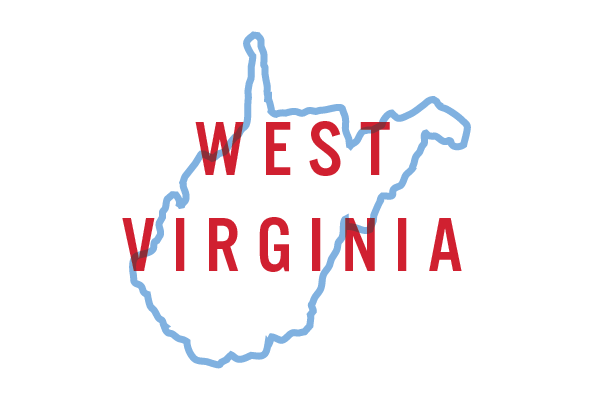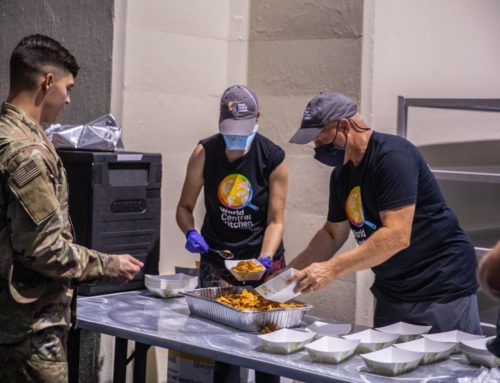Is America racist?
Got your attention, didn’t I?
Just daring to ask the question provokes a cage match response.
In the last week, rather than focus on the transformational plans laid out by President Biden, cable news and online discussions have been consumed by this question.
U.S. Senator Tim Scott, R-SC, led emphatically with “America is not a racist country.”
President Biden has waded in: “I don’t think the American people are racist, but I think after 400 years, African Americans have been left in a position where they are so far behind the eight ball in terms of education and health, in terms of opportunity… I don’t think America is racist, but I think the overhang from all of the Jim Crow and before that, slavery, have had a cost and we have to deal with it.”
In the same week, the chair of the Louisiana House Education Committee Republican State Rep. Ray Garofalo went as far to say that Louisiana’s public schools should be required to teach the “good” of slavery when discussing our racial history. Of course, there is no “good” side of slavery as fellow Republican State Rep. Stephanie Hilferty was quick to respond.
And U.S. Senate Minority Leader Mitch McConnell, R-KY, has once again gone on the attack against the 1619 Project, mischaracterizing its main thesis by saying what it teaches the country is “inherently evil.”
As Nikole Hannah-Jones has noted in her essay and more recently in interviews, Black Americans have seen and experienced some of the worst of America but still believe in its best.
For all of the debate about the 1619 Project’s indication that slavery was central to our nation from our beginnings, we’ve lost sight of the fact that the lost cause mythology — which has been fed to us for the last 150 years — was complete fiction.
I love America. If you love our country, if you love your fellow Americans, you should want to address the biggest threat that stands in our way of all succeeding together. We cannot continue to look the other way. We cannot reach our greatest potential if the scourge of racism, this nations’ achilles heel, continues to hold us back.
This is not an indictment of every American or even the American people writ large. It is a statement aspiring to live up to our country’s ideals.
We cannot deny the long legacy of slavery and Jim Crow, including 100 years of legalized discrimination against Black Americans following the abolition of slavery. We will continue to outline the many ways in which systems disproportionately and negatively impact Black people or intentionally assist white people today. In 2021, we still have countless visible examples of the way racism is built into the DNA of our systems–from banking to criminal justice to education.
Refusing to have this debate is not an option. I’m glad we’re actually talking about the elephant in the room. A nation divided against itself cannot stand.
Mitch Landrieu
Founder & President, E Pluribus Unum
Upcoming Events
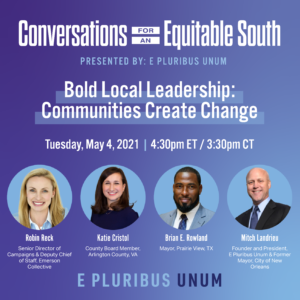
Join us today for a conversation on local leadership with a few of our UNUM Fellows.
Now more than ever, the deep divisions in our nation seem to penetrate every topic or issue that arises. Much of this is fueled by a resistance to challenges to the status quo and concurrently, a demand for equitable accountability and change. These divergent ways of thinking have stifled our ability to successfully address the everyday issues that affect our communities. These conditions force our elected leaders at every level of government to make difficult decisions.
Join us today for a conversation that will explore the need for bold local leadership that is unafraid of and undeterred by opposition as they work to address the systems of inequity and injustice that their communities face.
Bold Local Leadership: Communities Create Change
Tuesday, May 4, 2021
4:30 pm ET/3:30 pm CT
Equity in Brief
Today, EPU released its latest Equity in Brief, a set of recommendations for state and local action on instilling more ethical policing. We look specifically at the Ethical Policing is Courageous (EPIC) program developed in New Orleans and discuss ways local leaders can take action on police reform without the federal government.
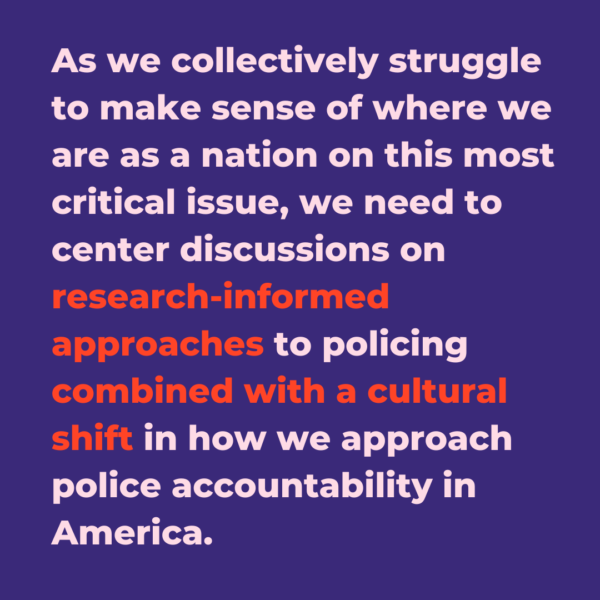
Equity in Brief is a series of policy briefs to provide context on a variety of current public policy debates and propose actionable policy recommendations.
At EPU, we believe that evidence-based public policy must stand up to the challenge of answering the hard questions about how we can make the promise of America accessible to everyone. Equity in Brief will answer these hard questions using research and data in an easily digestible format.
EPU will publish Equity in Brief on a regular basis and will address issues that are timely and responsive to current public policy debates in justice, health, economic development, economic mobility, and a range of other topics. The first policy brief on vaccine equity released in March can be found here.
In Case You Missed It
Yesterday, we launched a new Instagram Live series, Hometown Heroes, with Cat Cora, world-renowned chef, author and restaurateur. Cat spoke about growing up in Jackson, MS, what she loves about her hometown, what the South means, and how it influences us.

To watch yesterday’s conversation, visit our Instagram page.
Hometown Heroes is a new series that taps into locals’ pride for their Southern community and asks those from the South what they love most about their hometown. Participants will share what they’ve learned from their home, how that has shaped them and the opportunities for their hometown to become more inclusive. Through this narrative project, EPU aims to showcase the value of diversity of our region. Learn more about the series.
CNN – How Cops Can De-Escalate Rather Than Fire Their Guns
CNN – As 100 Days Mark Approaches, Biden Must Consider How He Moves Forward on Racial Justice
WASHINGTON POST – Deadly Air Pollutant ‘Disproportionately and Systematically’ Harms Americans of Color, Study Finds
NPR – Isabel Wilkerson: How Did The Great Migration Change The Course Of Human History?
News Around the South
News from our 13 southern states on COVID, police reform, voting rights and more
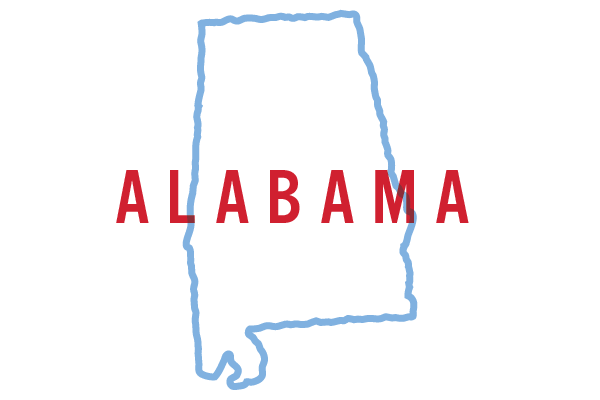
ABC 3340 – Vaccine hesitancy a problem in effort to return to “normal” in Alabama

KSLA – Arkansas seeing decrease in COVID-19 vaccine demand

NEW YORK TIMES – With Florida Bill, Republicans Continue Unrelenting Push to Restrict Voting
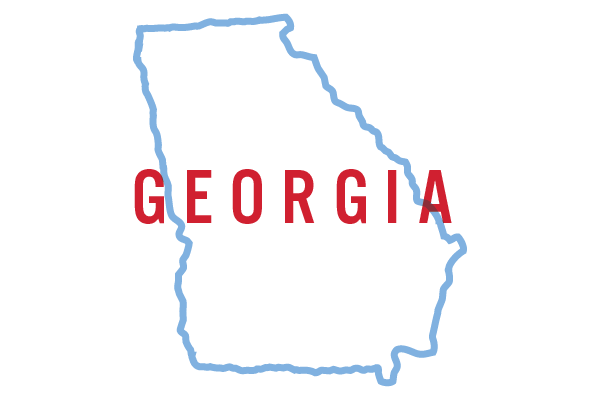
USA TODAY – Ahmaud Arbery murder suspects charged with hate crimes by Justice Department

WASHINGTON POST – The Kentucky Derby returns to a Louisville contending with protest, pain and its past

LOUISIANA ILLUMINATOR – Legislation to reform ‘police officer bill of rights’ clears House committee
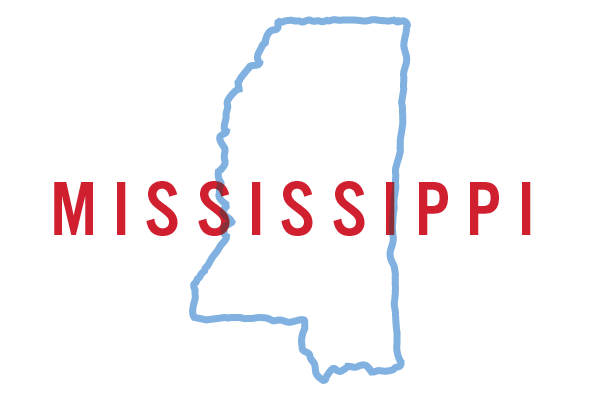
MAGNOLIA STATE LIVE – Magnolia State Live: No one knows why this Mississippi county has nearly seven times state average of new coronavirus cases
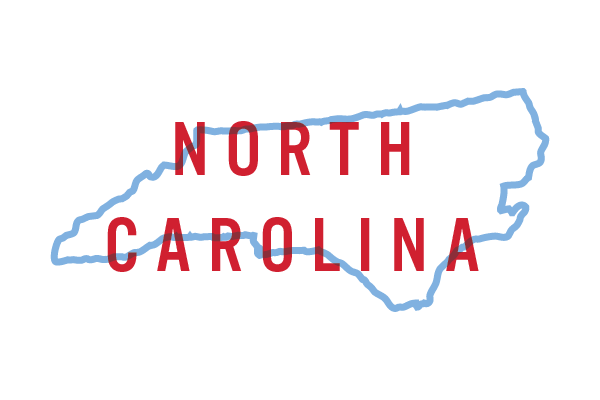
EDNC – President Biden proposes free community college. What could it mean for North Carolina?
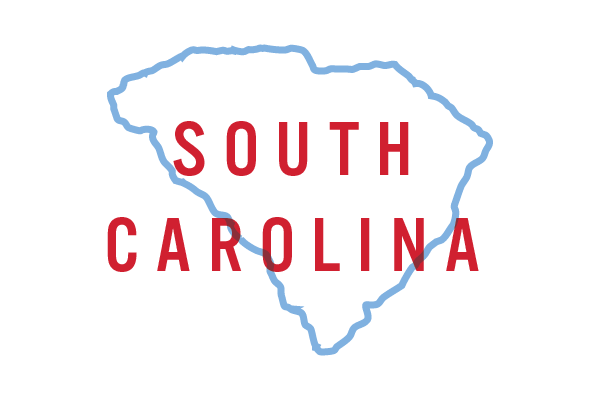
BUSINESS MAGAZINE GREENVILLE – Voting groups fear Texas about to exceed Georgia’s limits


AXIOS – Voting groups fear Texas about to exceed Georgia’s limits

ABC 8 NEWS – Virginia’s first minimum wage increase in more than a decade takes effect May 1
